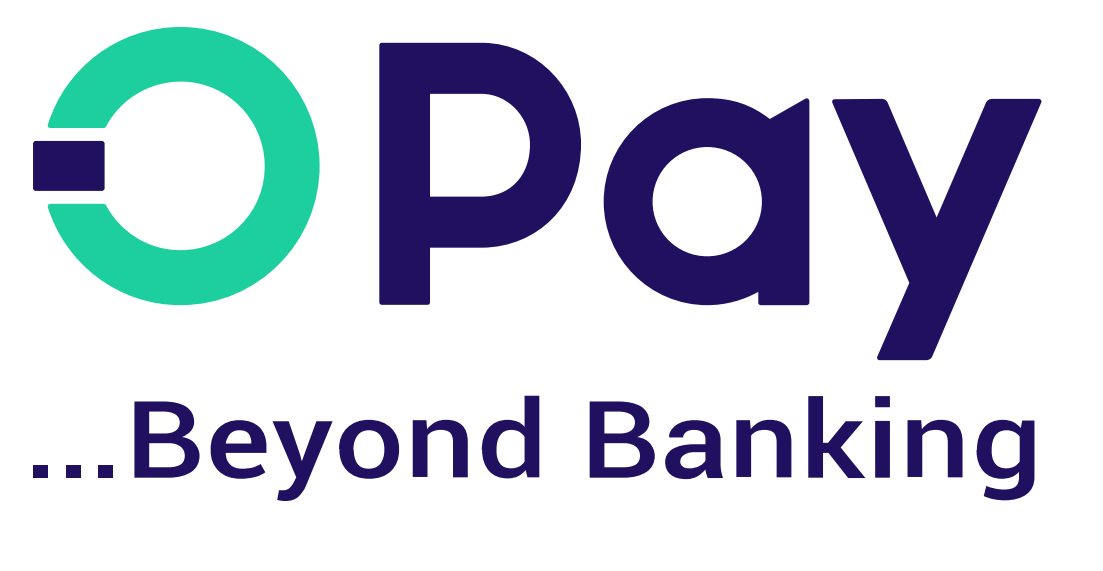Alleged Fraud Allegations And Legal Controversies Put Opay In Trouble

OPay, one of Nigeria’s most prominent fintech platforms, is under increasing public and regulatory scrutiny following a series of fraud-related incidents and legal battles involving its services and operations.
From court cases to customer rights violations, recent events between January and July 2025 have raised concerns about the platform’s compliance mechanisms and user protection systems.
Despite OPay’s claims of maintaining strong financial security protocols, the platform has reportedly been exploited by fraudsters and embroiled in high-profile court disputes. Below is a summary of some major fraud and legal incidents involving OPay this year:
1. N95 Million Fraud Case Involving OPay Director
The Director of OPay Digital Services Limited, Mr. Wuritka Dauda, is facing contempt of court charges for allegedly disobeying a court order relating to a ₦95 million fraud case. According to court filings, OPay’s legal counsel, Prince Bayo Omotubora, is seeking an order to commit Dauda to prison and compel him to appear before the court for disobeying express directives issued in November 2024.
2. Terrorism Financing Allegations Raise Regulatory Flags
While OPay has not been directly named, the Nigeria Sanctions Committee (NSC) recently designated Simon Ekpa, 14 others, and two entities for allegedly financing terrorism. The announcement has raised questions about the oversight and vulnerability of fintech platforms, like OPay, to being exploited by extremist networks—prompting calls for stricter KYC and transaction monitoring protocols.
3. ₦3 Million Mosque Donation Blocked and Court-Ordered Reversal
In July 2025, OPay restricted an account belonging to Muhammed Jamiu Abass, who received a ₦3 million donation to build a mosque in Nigeria while he was in Saudi Arabia. The platform demanded documentation for identity and source verification but repeatedly rejected his submissions.
Frustrated, Abass filed a lawsuit through his brother in Nigeria. In a December 2024 ruling, Justice F.A. Sodamade of the Osun State High Court ordered OPay to unfreeze the account and pay ₦500,000 in damages for violating Abass’ fundamental rights—after the company failed to appear in court despite being served notices.
4. Businessman Sues OPay Over Alleged Unauthorized Deduction
In another incident reported by ThisDay, Mr. Suleiman Mohammed Dikwa filed a lawsuit at the Jos High Court against OPay for allegedly freezing his account and withdrawing ₦28,592.92 without consent. Dikwa claims the transaction was linked to a Kaduna Sharia Court order, which was not properly communicated to him.
Through his counsel, F.M. Pukuma, Dikwa is demanding ₦30 million in damages, stating that the deduction was illegal and violated his rights as a customer.
Calls for Regulatory Reform
These incidents, though varying in scale, have one common thread—questionable enforcement practices and inadequate dispute resolution mechanisms. Regulatory bodies, digital rights advocates, and financial analysts are now urging the Central Bank of Nigeria (CBN) and the Nigerian Financial Intelligence Unit (NFIU) to implement tighter oversight of fintech firms operating in the country.
As fintech adoption continues to rise, industry observers stress the urgent need for transparency, better customer support systems, and legal accountability to restore public trust in digital banking platforms like OPay.















